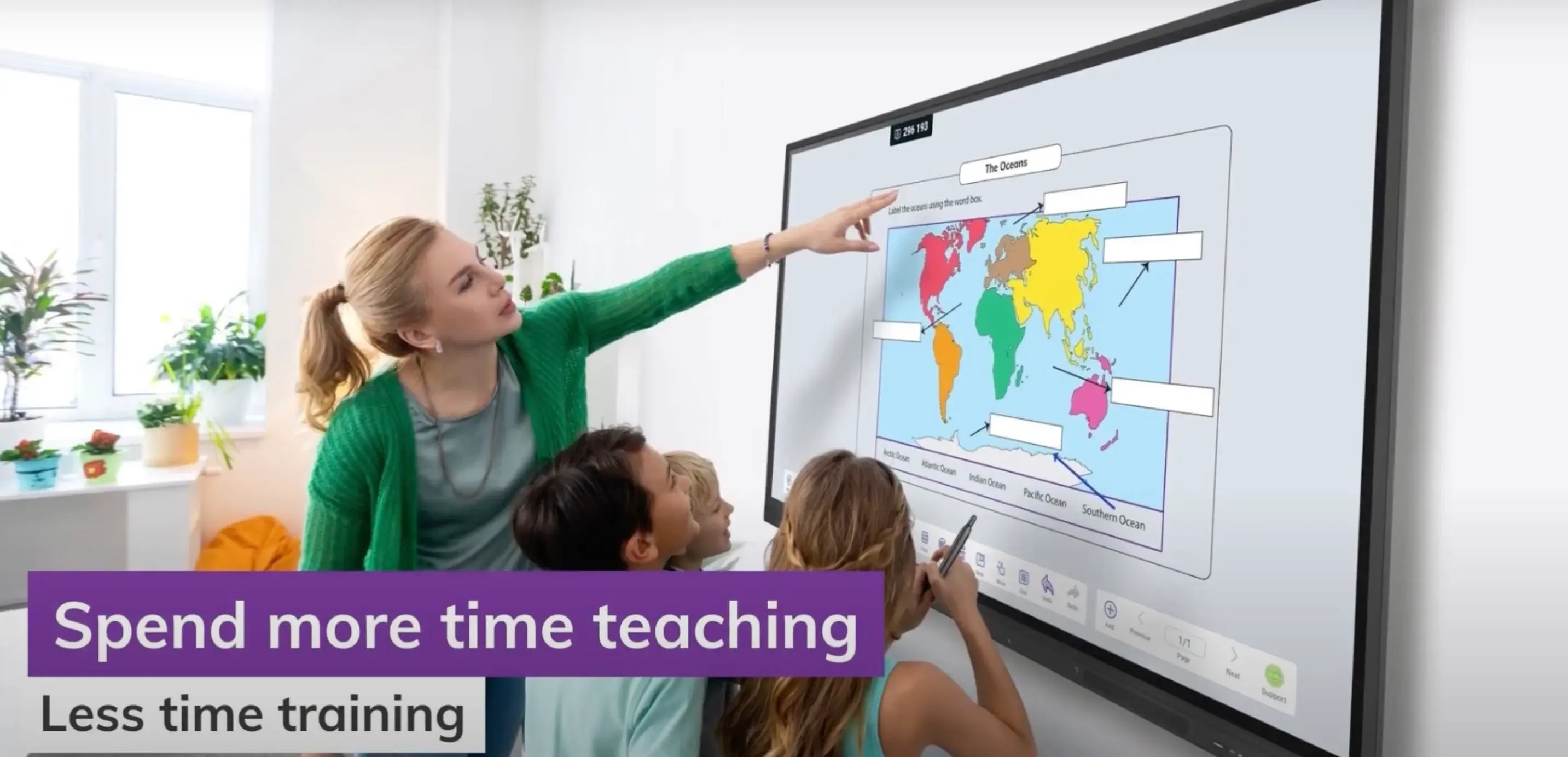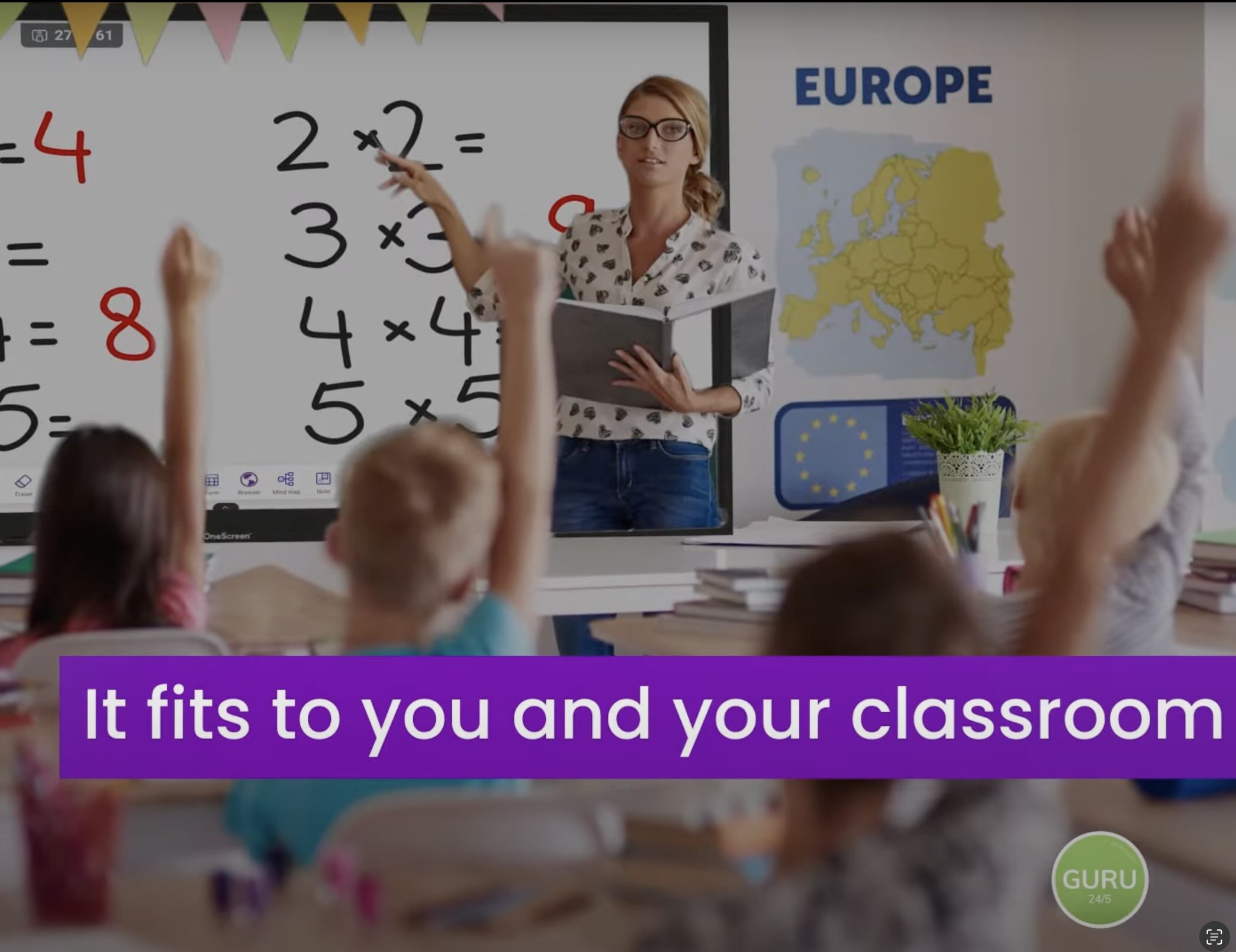
The problem is serious and pervasive. A large percentage of students are struggling with grades, homework and meeting previously established benchmarks.
"The NWEA results show students who finished eighth grade this year need an additional 7.4 months of learning to reach pre-pandemic levels in reading and 9.1 months in math. Black and Hispanic students need even more extra instruction to get there, the data shows.
- Linda Jacobson, The74million.org
It has become common to see this issue referred to as “learning loss,” yet many educators and other stakeholders refuse to use the term and urge others to do the same.
Why?
Reason 1: The time spent in remote learning wasn’t all about loss
According to volunteers from City Year, who helps at-risk youth stay in school and stay on track,:
“The phrase itself implies that students didn’t learn anything at all once schools were closed in March 2020. Worse yet, it implies that not only did students not learn anything, they didn’t retain information they previously learned."
- City Year, Why we don't use the term "learning loss"
Their position paper pointed out that it is really an adjustment in learning. For example, many students learned other types of skills, like creativity, flexibility and resilience. Some learned video conferencing and submitting online work for the first time. Some even discovered that they preferred remote learning to in-person.
Reason 2: Social and emotional conditions have a major impact on learning
The term “learning loss” seems to preference a focus on academic scores over social and emotional growth. Schools may need to devote more resources to reducing stress and increasing security before students are in a productive learning environment.
What’s the alternative to "learning loss"?
A term growing in acceptance is “interrupted learning.” This acknowledges the past without stigmatizing students struggling to define a new normal.
EdSurge summed up this new approach with their opinion piece: Let’s Not Think in Terms of Learning Loss — Let’s Focus on Where Students Have Gained.
The No.1 Learning Tool for the New Classroom
For teachers reaching out to students in new ways and administrators answering to school boards about outcomes, there’s a new learning tool that is making a difference in classrooms large and small. The Touchscreen TL7 fits into the daily routine easily and expands what teachers can accomplish in the little time they have in front of students. See what the TL7 can do to make learning fun for everyone.




 Obtenga una demostración en vivo ahora!
Obtenga una demostración en vivo ahora!


